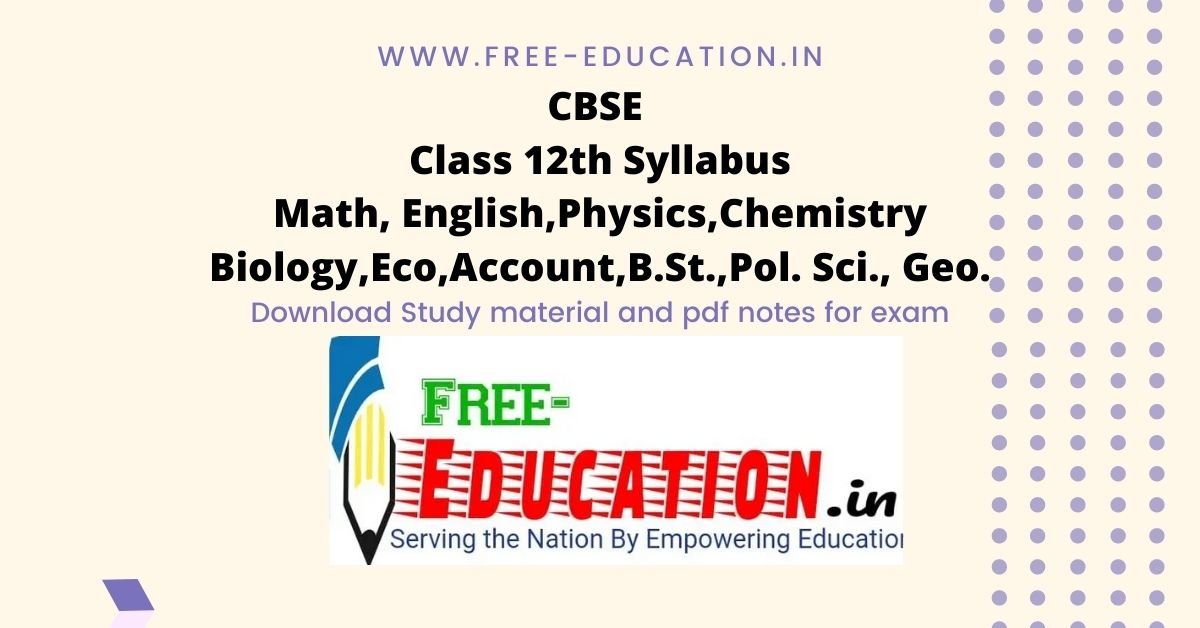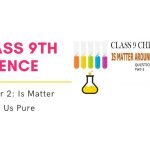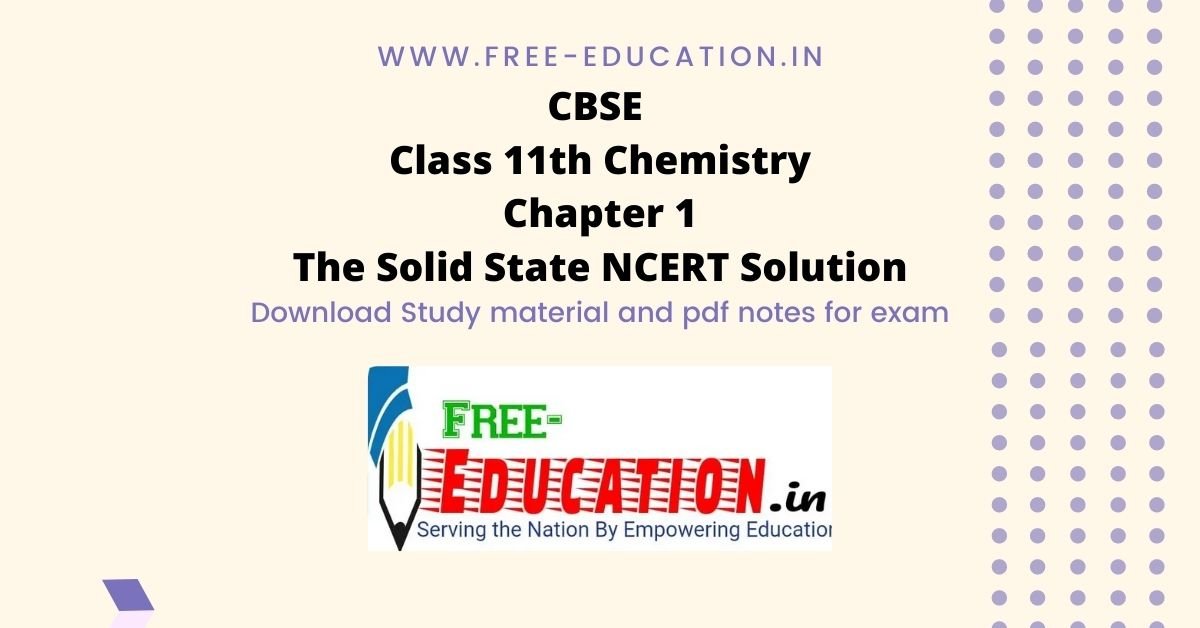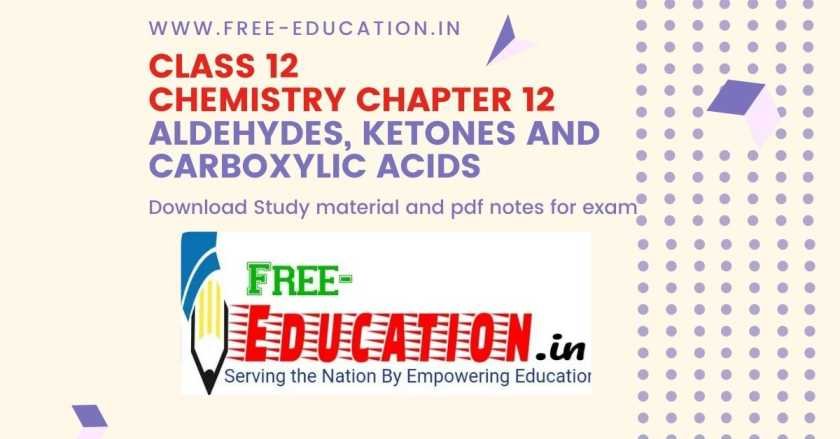CBSE CLASS 12TH CHEMISTRY SYLLABUS ( CBSE Class 12th Syllabus )
Class-12th-Chemistry-SyllabusDeleted Portion of Class 12th Chemistry 2020-21
Chapter 1: Solid State
Electrical and magnetic properties. Band theory of metals, conductors, semiconductors and insulators and n and p-type semiconductors.
Chapter 2: Solutions
Abnormal molecular mass, Van’t Hoff factor
Chapter 3: Electrochemistry
Lead accumulator, fuel cells, corrosion, law of electrolysis (elementary idea), dry cell- electrolytic cells and Galvanic Cells
Chapter 4: Chemical Kinetics
Concept of collision theory (elementary idea, no mathematical treatment), activation energy, Arrhenius equation
Chapter 5: Surface Chemistry
Emulsion – types of emulsions, catalysis: homogeneous and heterogeneous, activity and selectivity of solid catalysts; enzyme catalysis
Chapter 6: General Principles and Processes of Isolation of Elements
Entire unit
Chapter 7: p-Block Elements
Preparation and properties of Phosphine, Sulphuric Acid: industrial process of manufacture, Oxides of Nitrogen (Structure only); Phosphorus – allotropic forms, compounds of Phosphorus: Preparation and properties of Halides and Oxo acids (elementary idea only).
Chapter 8: d and f Block Elements
Chemical reactivity of lanthanides, Actinides -Electronic configuration, oxidation states and comparison with lanthanide. Preparation and properties of KMnO4 and K2Cr2O7
Chapter 9: Coordination Compounds
Structure and stereoisomerism, importance of coordination compounds (in qualitative analysis, extraction of metals and biological system).
Chapter 10: Haloalkanes and Haloarenes
Uses and environmental effects of -dichloromethane, trichloromethane, tetrachloromethane, iodoform, freons, DDT.
Chapter 11: Alcohols, Phenols and Ethers
Uses with special reference to methanol and ethanol.
Chapter 12: Aldehydes, Ketones and Carboxylic Acid
—–NA——-
Chapter 13: Amines
Diazonium salts: Preparation, chemical reactions and importance in synthetic organic chemistry.
Chapter 14: Biomolecules
Oligosaccharides (sucrose, lactose, maltose), polysaccharides (starch, cellulose, glycogen), importance of carbohydrates. Vitamins– classification and functions. Enzymes. Hormones – Elementary idea excluding structure.
Chapter 15: Polymers
Entire chapter
Chapter 16: Chemistry in Everydaylife
Entire chapter
Related link you must like:-
Study material for Competition Exam
Mohd. Sharif Qualification: B.Tech (Mechanical Engineering) [Founder of Wisdom Academy] [Aim Foundation & Free-Education.In] [Engineer By Profession | Teacher By Choice] [Blogger, YouTube Creator]






